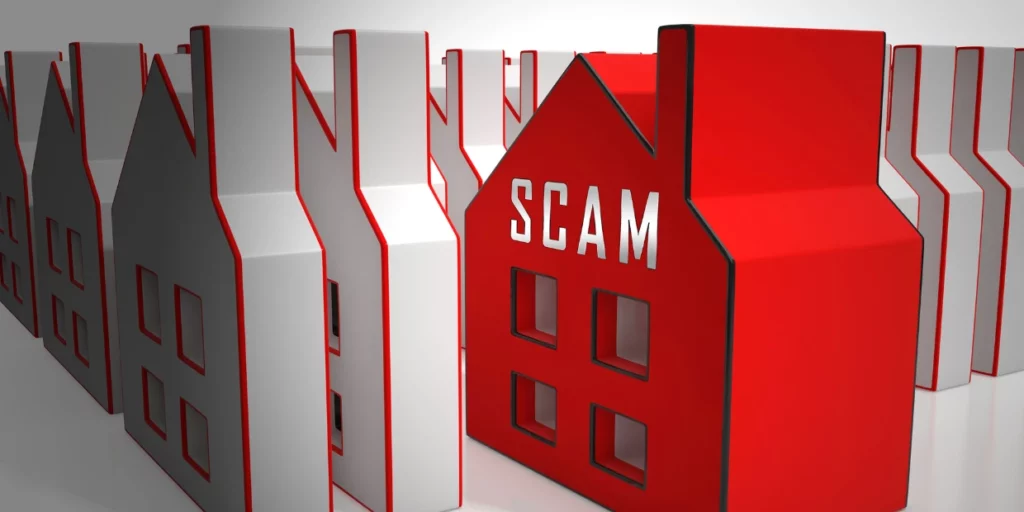Don’t Get Caught in a Mortgage Scam

Don’t Get Caught in a Mortgage Scam
Mortgage scams are prevalent and they can be hard to spot. Here’s what you need to know about these scams.
What’s a mortgage scam?
Mortgage scams deceive individuals who are involved in the mortgage process, including homebuyers, lenders and current homeowners trying to refinance. These scams exploit the complexity of mortgage transactions, buyer’s inexperience and the emotional investment people tend to tie to their homes.
Types of mortgage scams
- Foreclosure rescue scams. In this variation, scammers target homeowners facing foreclosure, promising to save their homes by offering assistance with payments. They may ask for upfront fees or transfer the property title to their name, leaving the homeowner at risk of losing their home and equity.
- Loan modification scams. Here, fraudsters pose as mortgage modification experts and charge fees for services they never provide. They may promise to negotiate lower interest rates or better terms, exploiting homeowners’ desires to reduce their monthly mortgage payments.
- Bogus mortgage scams. In this scam, fraudsters target new homebuyers, posing as mortgage lenders and offering a loan with a favorable rate and collecting the victim’s down payment. Unfortunately, if the target makes these payments, they’ll be out the money they’ve saved for the actual purchase.
- Equity stripping. Here, scammers target homeowners who have substantial home equity and encourage them to take out a high-interest loan against their property. Then, they disappear with the borrowed funds.
- Identity theft. In mortgage-related identity theft, scammers use phishing and other means to obtain personal and financial information from targets to secure a mortgage in their name.
Avoid mortgage scams
Follow these tips to avoid falling victim to a mortgage scam:
- Before using a mortgage lender or related service provider, research thoroughly by checking credentials, licenses and online reviews and ratings.
- Be wary of lenders asking for upfront fees.
- Read and understand all documents before signing, including all contracts and disclosures.
- Be wary of unsolicited offers as legitimate lenders typically do not cold-call or pressure individuals into making hasty decisions.
- Never use unlicensed or unverified professionals in the mortgage process.
- Never share your personal and financial information with an unverified contact.
Don’t get mortgage-scammed! Follow the tips outlined here to stay safe. At County Federal, safeguarding our members is of utmost importance. That's why we provide our members with the latest news in Security & Fraud to stay vigilant. Why not join us and experience the peace of mind that comes with County Federal membership?
Content Source: CUContent






